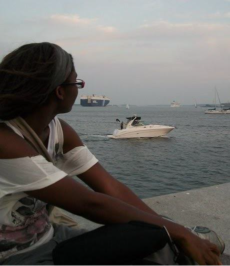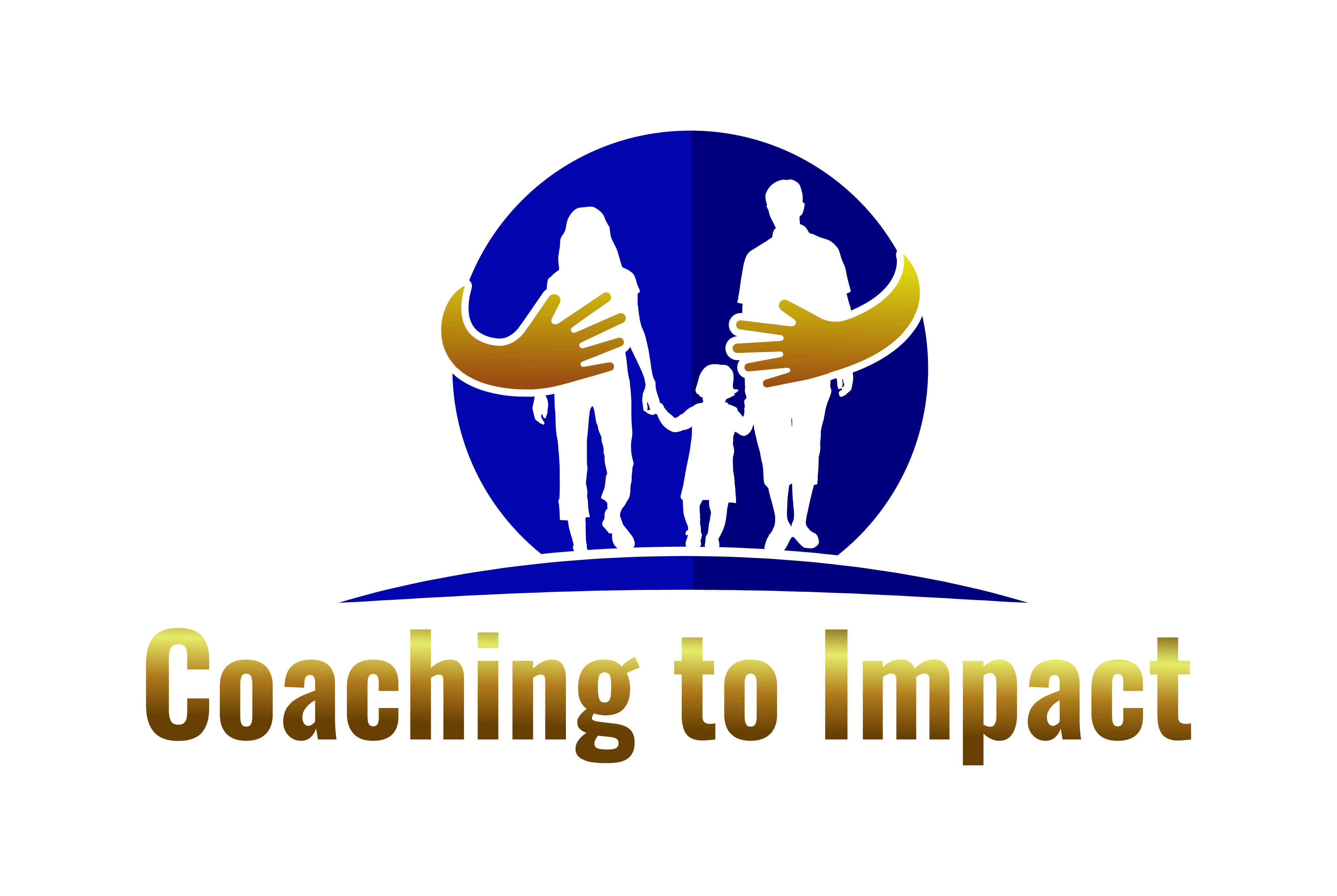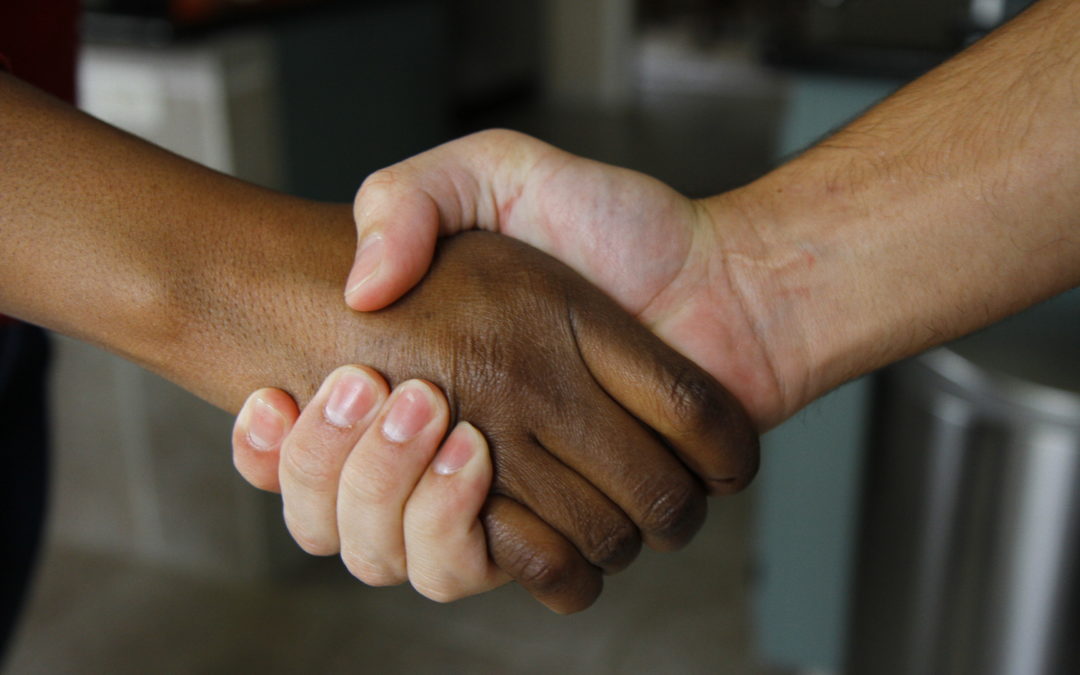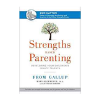I found this story interesting because I grew up in a predominately white community. I did not understand the difference in my race until I went to kindergarten and someone said I was an expletive. I cried and said, ‘no I’m not’ until he insisted we put our hands side by side for a comparison. The following story has similarities with the exception, Ms. Lima’s was born outside of the US. The international aspect provides more complexity but our basic questions of our birth are the same types of questions. She seems to have not found acceptance and I live everyday in gratitude.
One of the scariest things about adoption is that many adoptees don’t really know their history. We don’t know where we come from, who we really belong to, or what our futures will look like.
I was adopted back in 1987 by two white supremacists who, on the outside, appeared loving, kind, and gentle. But on the inside, spewed words of hate, racism, and superiority to anything and anyone who was not their hue.
So growing up, I always felt like the “other”. I was that person they hated so much. I was the black sheep of the family. Figuratively and literally.
I constantly heard my adoptive mother say “Black people are this way, black people do that”. I had to “talk proper” or I’d be classified as one of them. I wouldn’t be welcome.
They never directly said “White people are better”, but sometimes in the not saying, way too much is said.
One of the scariest things about adoption is that many adoptees don’t really know their history. We don’t know where we come from, who we really belong to, or what our futures will look like.
I was adopted back in 1987 by two white supremacists who, on the outside, appeared loving, kind, and gentle. But on the inside, spewed words of hate, racism, and superiority to anything and anyone who was not their hue.
So growing up, I always felt like the “other”. I was that person they hated so much. I was the black sheep of the family. Figuratively and literally. I constantly heard my adoptive mother say “Black people are this way, black people do that”. I had to “talk proper” or I’d be classified as one of them. I wouldn’t be welcome.
They never directly said “White people are better”, but sometimes in the not saying, way too much is said.
One of the scariest things about adoption is that many adoptees don’t really know their history. We don’t know where we come from, who we really belong to, or what our futures will look like.
I was adopted back in 1987 by two white supremacists who, on the outside, appeared loving, kind, and gentle. But on the inside, spewed words of hate, racism, and superiority to anything and anyone who was not their hue.
So growing up, I always felt like the “other”. I was that person they hated so much. I was the black sheep of the family. Figuratively and literally.
It wasn’t until I was a little over 10 that I started to develop even further. I started asking them “Why, if we are the same age, am I developing at a faster rate than she is?” Today we know that so many factors could have caused this but what my adoptive parents failed to do was care about me and what my papers actually said. Instead of looking at my birth certificate, they went with their “fantasy”. It was clear on my birth certificate that I was older than she was by about 3 years and no one EVER said a word. Why? Did they want to continue what they started? Did they want to keep pretending that I was white, that I would always weigh the same as she did, that I would always be a “happy baby?”.




